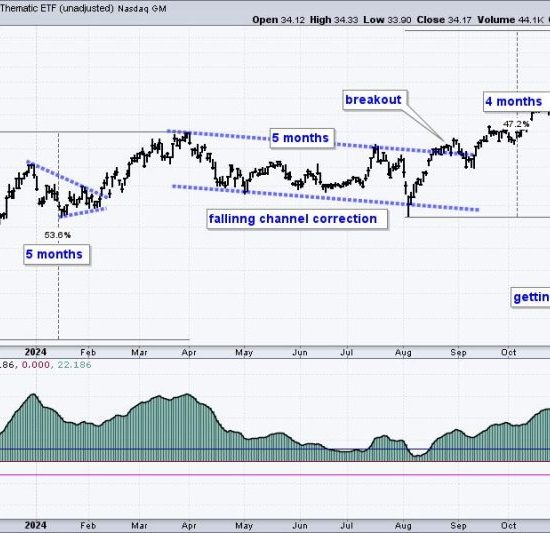Firstly, it’s worth noting that the financial markets are extremely reactive to political events such as general elections and exit polls. The performance and volatility of these markets depend to a great extent on political stability and the prospects of long-term policy continuity. Immediate reactions from the markets are commonly observed after major political events including the release of preliminary exit poll data and the subsequent official election results.
Exit polls play a pivotal role in influencing the behavior of investors. These polls, executed as voters leave polling stations, provide a crucial insight into the prospective results of an election. The interpretation of this preliminary data tends to cause significant market movements. If the exit poll data indicates the probable victory of a party known to support business-friendly policies, markets may respond positively, anticipating an enhanced business environment resulting in increased profitability. Conversely, if the exit polls predict the success of a party known for policies perceived as detrimental to business, markets could react negatively.
However, it’s important to highlight that the impact of exit polls isn’t always straightforward. In some situations, exit polls may lead to confusion and uncertainty, especially when results are too close to call or when they starkly contrast with pre-election surveys. In such cases, market volatility can be heightened until the official election results are announced.
Once the general election results are out, they serve as a decisive factor for the orientation of financial markets, either maintaining or changing the preliminary trends triggered by the exit polls. An election result consistent with exit poll predictions usually sees markets follow the same trajectory set by the initial reaction to the poll data. Yet, if the election results contradict the exit polls, the markets can experience sudden reversals. For instance, if a business-friendly party unexpectedly loses, markets may rapidly retract any gains made post-exit poll.
Further, the markets’ reaction to general election results typically goes beyond instant fluctuations. The elected party’s policy agenda can shape the market trajectory over their tenure. If the government advocates progressive policies enticing to foreign investors, strengthens fiscal discipline, or improves the infrastructure, it could spur a long-term market upsurge. On the other hand, if the government’s policies slow economic growth or increase business expenses – via measures such as rising corporate taxes – it could put substantial pressure on the markets.
The influence of the personal attributes of elected leaders on markets should also not be understated. Characteristics such as the leader’s credibility, governance experience, and even their approach to international diplomacy can sway investor confidence, thereby sculpting market sentiment and influencing market trends.
In conclusion, exit polls and general election results act as significant market-moving events. While initial reactions are usually based on exit poll data, the final and often most significant impact is derived from the actual election results, testifying to the intertwined relationship between politics and financial markets. The influential factors are numerous, complex, and invariably intertwined, highlighting the challenging task that investors face in interpreting these political events and their probable effect on the markets.




